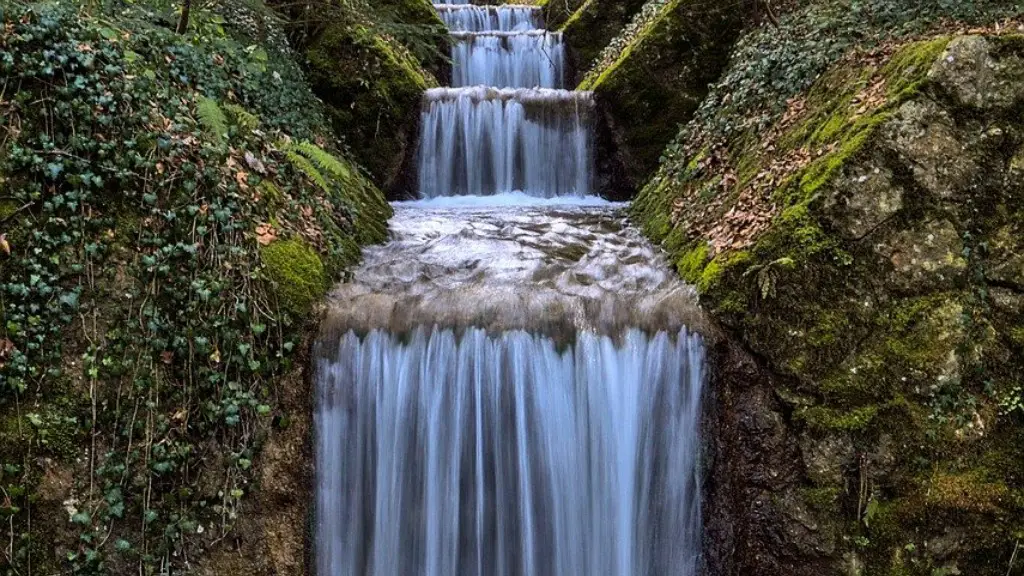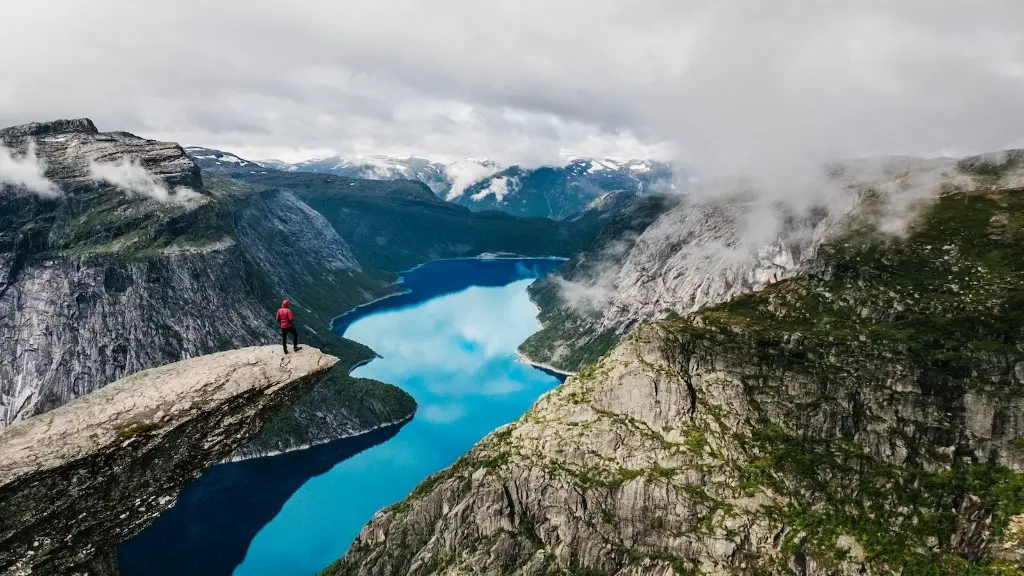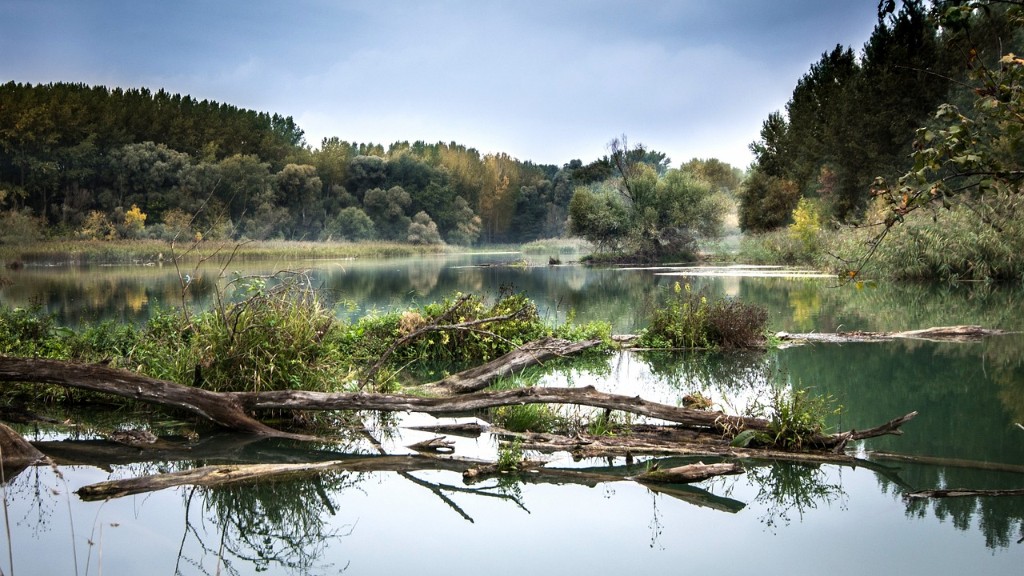Overview of Nile River
The Nile River is one of the most important rivers in the world. It is the longest river in the world and runs from the African Great Lakes to the Mediterranean Sea. The Nile River is the main source of water for many countries and is the lifeblood of the region. It is the main river of Egypt, as well as Sudan and some of the other countries in Africa. Over the centuries, the Nile River has been an important source of food, water, and other vital resources for the area’s people. Its waters have been used for agriculture, industry, and transportation.
Countries That The Nile River Passes Through
The Nile River passes through 11 countries: Ethiopia, Sudan, South Sudan, Uganda, Democratic Republic of the Congo, Tanzania, Kenya, Rwanda, Burundi, and Egypt. The river is the main source of water for many countries in Africa. This means that many of these countries rely heavily on the Nile River for food, water, and electricity. The Nile is also an important economic resource as it provides transportation routes for goods and people as well as irrigation and hydroelectric power.
Impacts Of Nile River On The Region
The Nile River has had a significant impact on the region it passes through. The river provides food and water for more than 300 million people living in the 11 countries. The river is also the lifeblood of the region and provides a crucial resource for industry and agriculture. Due to its importance, the river is heavily regulated and managed. Each country has its own water allocation agreements and regulations to ensure that the river is able to sustain the region.
Nile River Dams
In recent years, the river has become increasingly important as a source of hydroelectric power. Several dams have been built along the river to help generate electricity. These dams have had a significant impact on the region. They have helped to reduce poverty and increase economic development in the region. However, they have also caused environmental damage by disrupting the river’s ecosystem.
Environmental Concerns of Nile River
The Nile River is one of the most heavily polluted rivers in the world. Pollution from industry, agriculture, and other sources has caused significant damage to the river’s ecosystem. This has reduced the river’s ability to provide water and food for the region’s people. Additionally, overfishing and habitat destruction has contributed to a decline in the number of fish species found in the Nile.
Conservation Efforts Of The Nile River
To combat this, governments and conservationists have been working to restore the river’s health. Efforts have included developing new regulations to limit pollution, improving waste management, and re-introducing native species. Additionally, efforts have been made to promote education regarding the importance of protecting the river’s resources.
Impact That Egypt’s Political Changes Have Had On River
The political landscape of Egypt has also had an impact on the river. Egypt’s current political situation has created tensions between Egypt and its downstream neighbors with Egypt now controlling the majority of the Nile’s flow. This has led to increased competition for resources, with downstream countries now feeling more threatened by Egypt’s control.
Human Conflict In Nile River Basin
Conflict is also a major issue in the Nile River Basin. Conflict over water is common in the region as countries compete for resources. This has led to violent clashes as well as political tensions, with some countries accusing others of not respecting their rights to the Nile’s flow. In addition, water scarcity has led to many people being displaced, as they are forced to search for water and other resources in neighboring countries.
Effects Of Climate Change On The Nile River
Climate change is also having an impact on the Nile River. Rising temperatures and changing precipitation patterns have led to a decrease in the river’s flow. This could have serious implications for the countries of the basin, particularly as the demand for water increases. Additionally, extreme weather events such as floods and droughts are becoming more common, leading to increased water scarcity in the region.
International Organizations Involved In Nile River Issues
There are several international organizations that are working to ensure that the Nile River remains a vital resource for the region. The United Nations has established the Nile Basin Initiative, which is working to promote cooperation between countries in the region and to ensure a sustainable management of the river’s resources. Additionally, other organizations such as the World Wildlife Fund and Oxfam are working to protect the region’s environment and promote sustainable development.
The Nile River’s Role In Regional Security
The Nile River is also a key component in regional security. The river’s flow is heavily regulated, with some countries relying on it for their water supply, and any disruption of the river’s flow could have serious implications for the region’s security. This is especially true for countries such as Egypt, which is heavily reliant on the river for its water supply and is a major player in the region. Consequently, any changes to the river’s flow or its resources could have serious implications for the region’s security.
Economic Implications Of Nile River
The Nile River also has economic implications for the region. It is an important source of income for many people, as it provides employment opportunities in the form of fishing and irrigated agriculture. Additionally, hydroelectric power generated from the river has been a major source of electricity for many countries in the region. As such, its resources are an important part of the region’s economy.
Conclusion
The Nile River is an important source of water, food, and electricity for many countries in Africa. It is heavily regulated and managed, with several international organizations actively working to ensure its resources are sustainably managed. The river also has significant implications for regional security, as any changes to its flow could have serious implications for the region’s security. Finally, the river is a major source of income for many people in the region, as it provides employment opportunities and hydroelectric power. Consequently, the river is an important part of the region’s identity and an essential resource for the region’s people.



